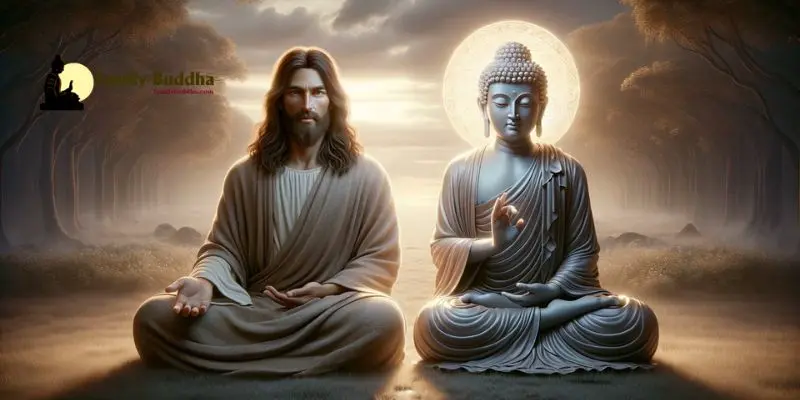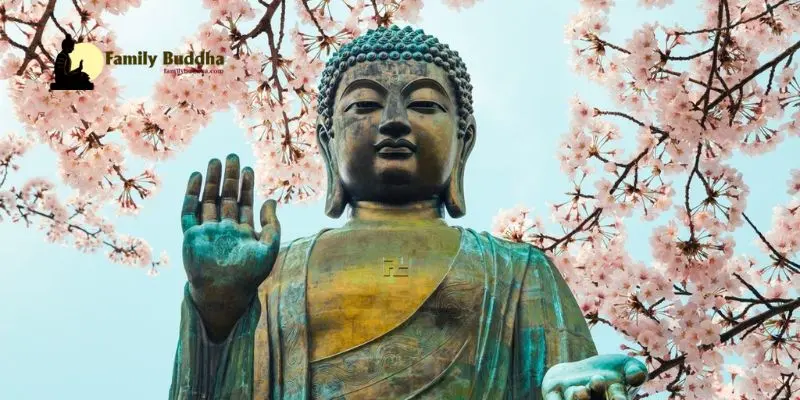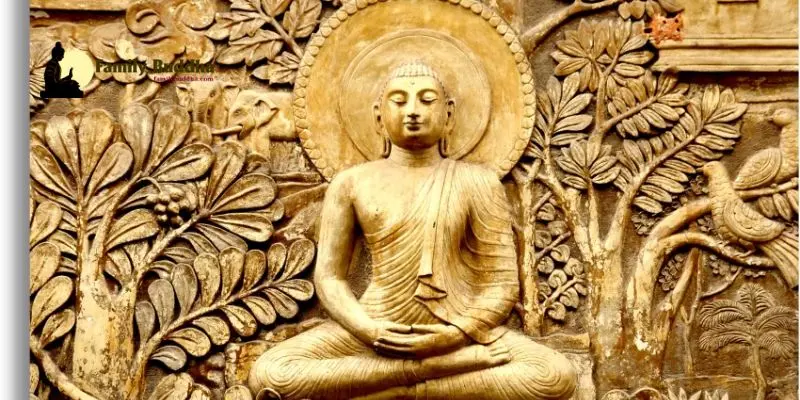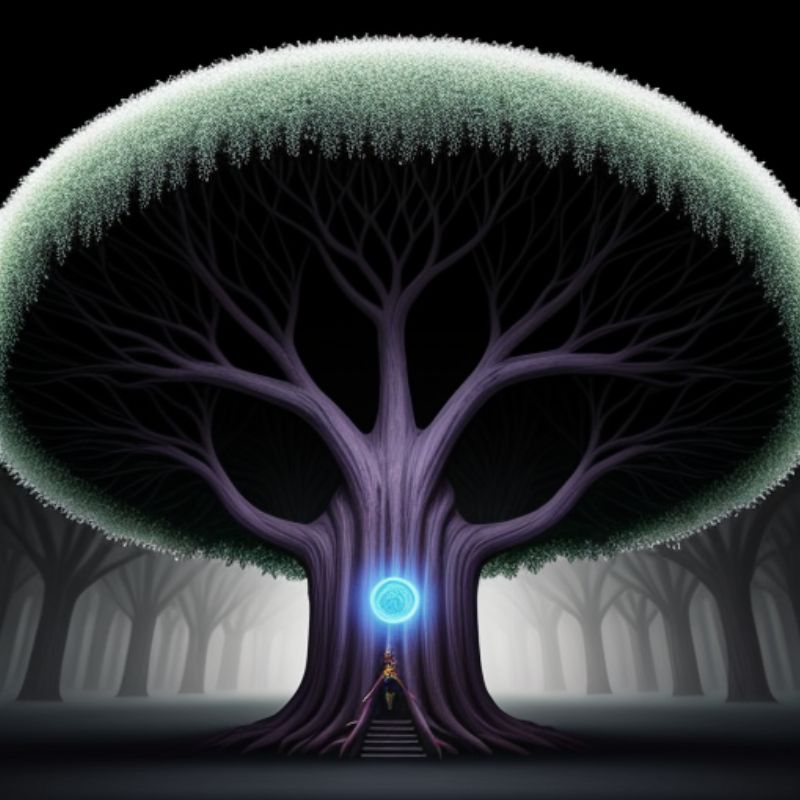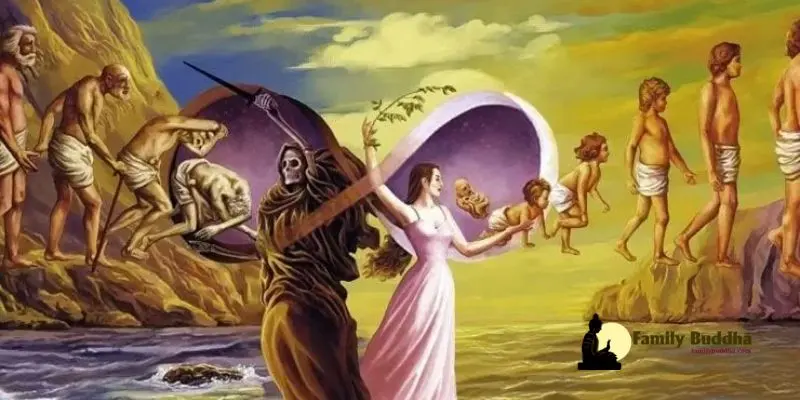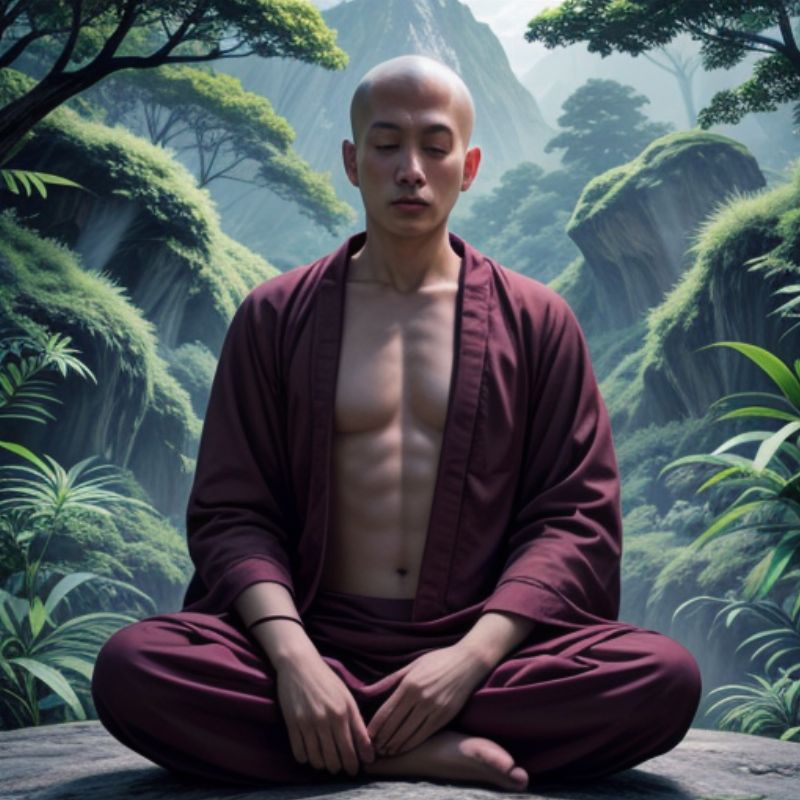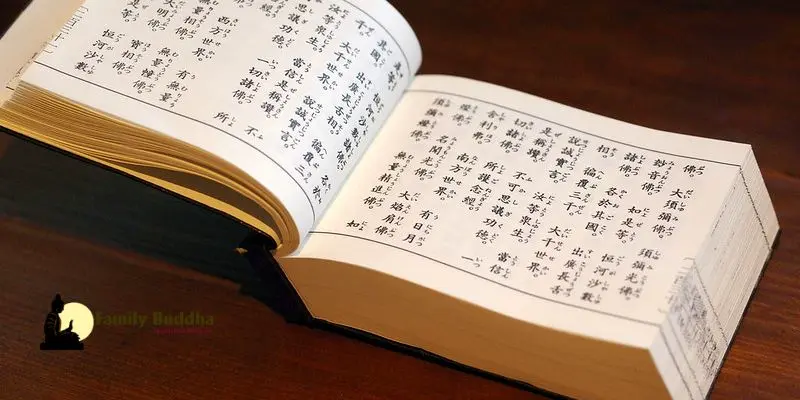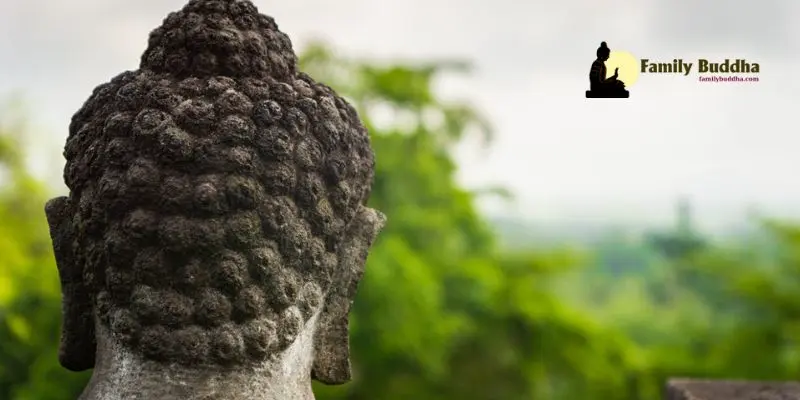Have you ever felt a chill run down your spine while walking past an ancient temple, or heard whispers of restless spirits in the dead of night? In many cultures, ghosts are the stuff of nightmares, but in Buddhism, their existence offers a nuanced perspective on life, death, and the cycle of rebirth. This isn’t about fear and haunting specters; it’s about understanding the transient nature of existence and the potential for all beings, even the unseen, to find liberation. As the Vietnamese proverb says, “Sống thác với đời, thác với đời” – life and death are intertwined.
Unmasking the “Ghost” in Buddhist Thought
The Western perception of “ghosts” often conjures images of vengeful spirits trapped between worlds. Buddhism, however, offers a more complex understanding. Instead of “ghosts,” Buddhists refer to “hungry ghosts” (Pretas in Sanskrit) or wandering spirits. These aren’t souls condemned for eternity, but beings caught in a state of suffering due to their past actions and attachments.
What Makes a “Hungry Ghost”?
Imagine a life driven by insatiable desires, clinging desperately to material possessions, fleeting pleasures, or burning grudges. This relentless craving, this clinging to the impermanent, creates powerful karma that can lead to a rebirth as a “hungry ghost.” They exist in a state of perpetual longing, forever seeking but never finding satisfaction.
Are All Ghosts the Same?
Buddhism recognizes that just like the living, spirits can vary greatly in their disposition and circumstances. Some might be mischievous, others mournful. Some might linger due to unfinished business, while others are held back by their own negative karma.
The Hungry Ghost Realm: A Temporary Stop, Not a Final Destination
In Buddhist cosmology, the realm of hungry ghosts is one of the six realms of existence, a cyclical journey of death and rebirth driven by karma. It’s not a punishment handed down by a divine judge, but a natural consequence of actions driven by greed, anger, and ignorance.
Can Ghosts Influence the Living?
While some Buddhist traditions acknowledge the possibility of spirits interacting with the living, it’s crucial to remember that both realms are bound by the law of karma. Ghosts, just like humans, are subject to the consequences of their actions.
What Happens to Ghosts?
The good news is that the state of being a hungry ghost is temporary. Through spiritual practices like offering food to monks, chanting sutras, or making merit on their behalf, living descendants can help ease their suffering and guide them toward a more favorable rebirth. It’s a beautiful reflection of the interconnectedness of all beings, even across the divide of life and death.
Frequently Asked Questions about Ghosts In Buddhism
1. Can ghosts harm humans?
While some Buddhist traditions acknowledge that spirits can cause disturbances, harming humans is generally seen as unlikely. A ghost’s primary experience is their own suffering, not malevolence towards the living.
2. What are the signs of a ghost presence?
Buddhism emphasizes inner experience over external phenomena. Instead of focusing on potential “signs,” it encourages introspection and understanding the nature of impermanence.
3. How can we help ghosts find peace?
Compassionate actions, such as offering food to monks dedicated to the deceased or chanting sutras for their benefit, are seen as ways to ease their suffering and guide them towards a more favorable rebirth.
Beyond Fear: Finding Compassion for All Beings
The Buddhist perspective on “ghosts” encourages us to look beyond our fear of the unknown and recognize the suffering that binds us all, living or deceased. It reminds us that every being, regardless of their form, is capable of finding liberation from the cycle of suffering.
This understanding fosters compassion, not just for the unseen, but for all beings navigating the complexities of existence. It reminds us to cultivate positive karma, to act with kindness and generosity, and to approach the mysteries of life and death with a heart filled with understanding and compassion. As the saying goes, ” Gieo gió gặt bão” – what we sow, we shall reap. Let us sow seeds of compassion and reap the fruits of peace and enlightenment for all.

